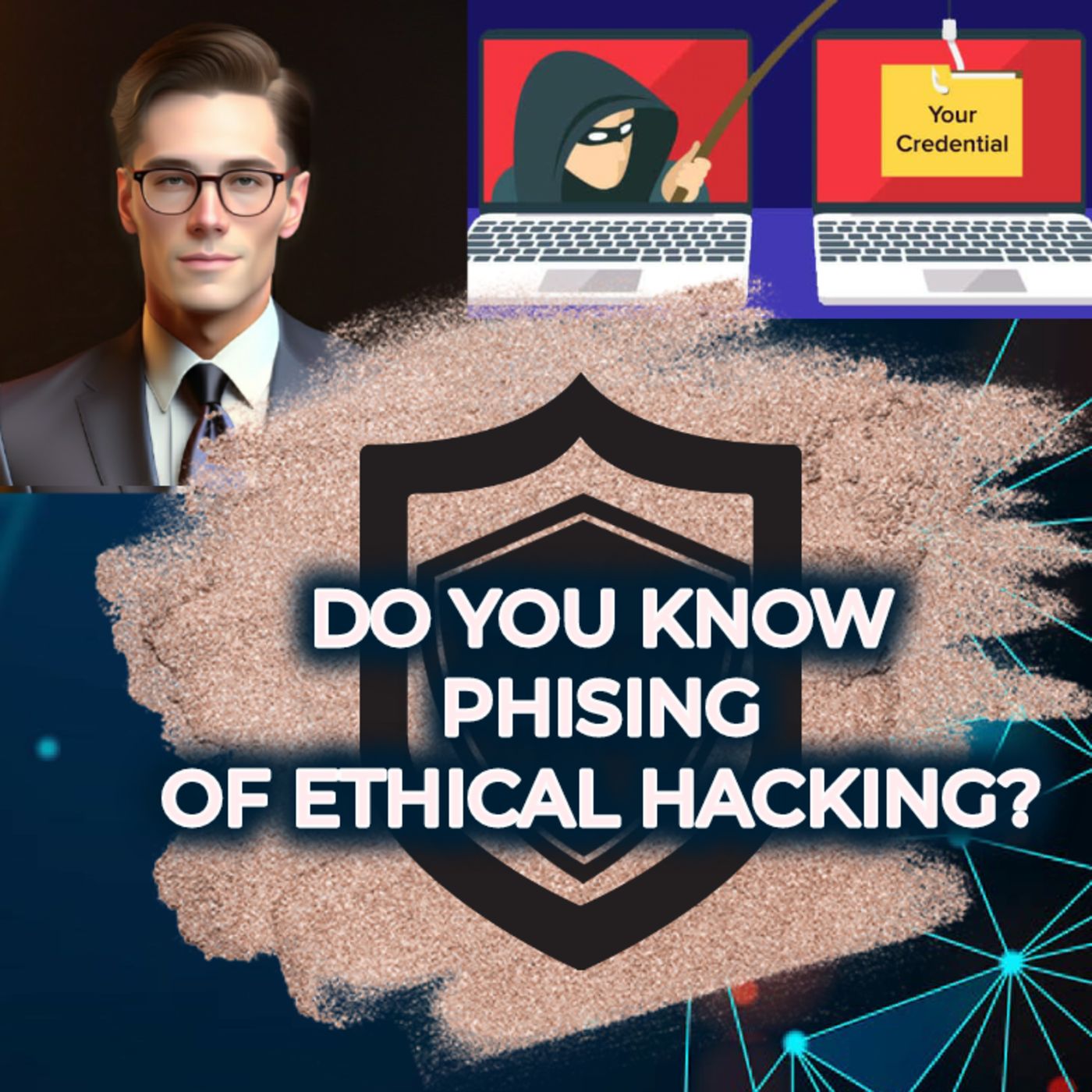Do You Know Phising Of Ethical Hacking?
- Author
- ANUGRAH SIMANJUNTAK
- Published
- Thu 06 Jul 2023
- Episode Link
- https://www.spreaker.com/episode/do-you-know-phising-of-ethical-hacking--60471925
Ethical hacking by Teach Fusiont ✓Education Priority ✓Trends and News ✓Case Studies ✓Technical Information ✓Personal Security Knowledge ✓Career and Opportunities ✓Trends and News ✓Ethics and Legality ✓Tips and Resources Phising Of Ethical Hacking Phishing is a type of cyber attack used in the realm of ethical hacking to gain unauthorized access to sensitive information or deceive individuals into performing certain actions. It involves tricking individuals into providing their confidential data, such as usernames, passwords, credit card numbers, or other personal information, by disguising the attacker as a trustworthy entity. Ethical hackers, also known as white hat hackers, may use phishing techniques to assess the security posture of an organization or identify vulnerabilities in their systems. By mimicking legitimate communication channels or websites, ethical hackers attempt to exploit human psychology and the tendency to trust familiar or authoritative sources. It's important to note that ethical hackers engage in phishing attacks with the explicit consent of the organization being tested. The goal is to assess the organization's security posture, raise awareness about potential vulnerabilities, and recommend appropriate countermeasures. To defend against phishing attacks, organizations and individuals should follow security best practices, such as being cautious when clicking on links or opening attachments, verifying the authenticity of communication channels, and regularly updating their knowledge about current phishing techniques.
